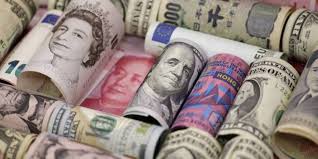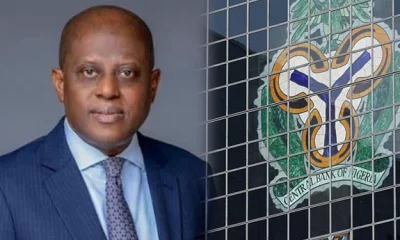Central Bank of Nigeria (CBN) said that Nigerians lost N11.9 billion to the Ponzi scheme, popularly called Mavrodi Mundial Movement (MMM) in 2016.
This is despite repeated warnings by the Central Bank of Nigeria, and Nigerian Deposit Insurance Corporation (NDIC).
Speaking in Kano during the 2017 Bank-Wide Sensitization Campaign on CBN initiative programme, Alhaji Yusuf Wali, the apex bank acting director, Corporate Communications, warned Nigerians on the inherent danger associated with the subscription to Ponzi scheme.
The Phonzi scheme is the phenomenon of illegal fund managers, popularly called “Wonder Banks” which have continued to defraud unsuspecting members of the public of their hard earned money.
He said: “I will also like to reiterate the position of the CBN on the need for the citizens to desist from unwholesome financial engagements in all Ponzi schemes. The Nigeria Electronic Fraud Forum made public a recent daunting report on the losses suffered by the subscribers which amounted to N11.9 billion in December 2016.”
He noted that the sensitization programme tagged “CBN Fair” is geared towards sensitizing citizens on the activities of CBN as well as educating Nigerians on how best to engage in financial transactions.
ALSO SEE: MMM: Two agents arraigned for swindling
Wali added: “Our objective is simple. We want you to understand what we do at the CBN. We want to sensitize you on your roles as citizens in keeping the Naira clean and other matters.
“We want to hear your complaints about matters relating to financial sector and we want to let you into how you can access and benefit from the different initiatives of the CBN.
“CBN has introduced some strategic initiatives and intervention schemes to support the economy with a view to ensuring sustainable growth and development.”
He mentioned the sectors to include agriculture, power, energy, manufacturing, Micro, Small and Medium Scale Enterprises (MSMEs) as well as banking and industry, through credit delivery to the real sector of the economy.

 Entertainment5 days ago
Entertainment5 days ago
 Health1 week ago
Health1 week ago
 Health4 days ago
Health4 days ago
 Football1 week ago
Football1 week ago
 Football1 week ago
Football1 week ago
 Crime4 days ago
Crime4 days ago
 Education6 days ago
Education6 days ago
 Crime1 week ago
Crime1 week ago













